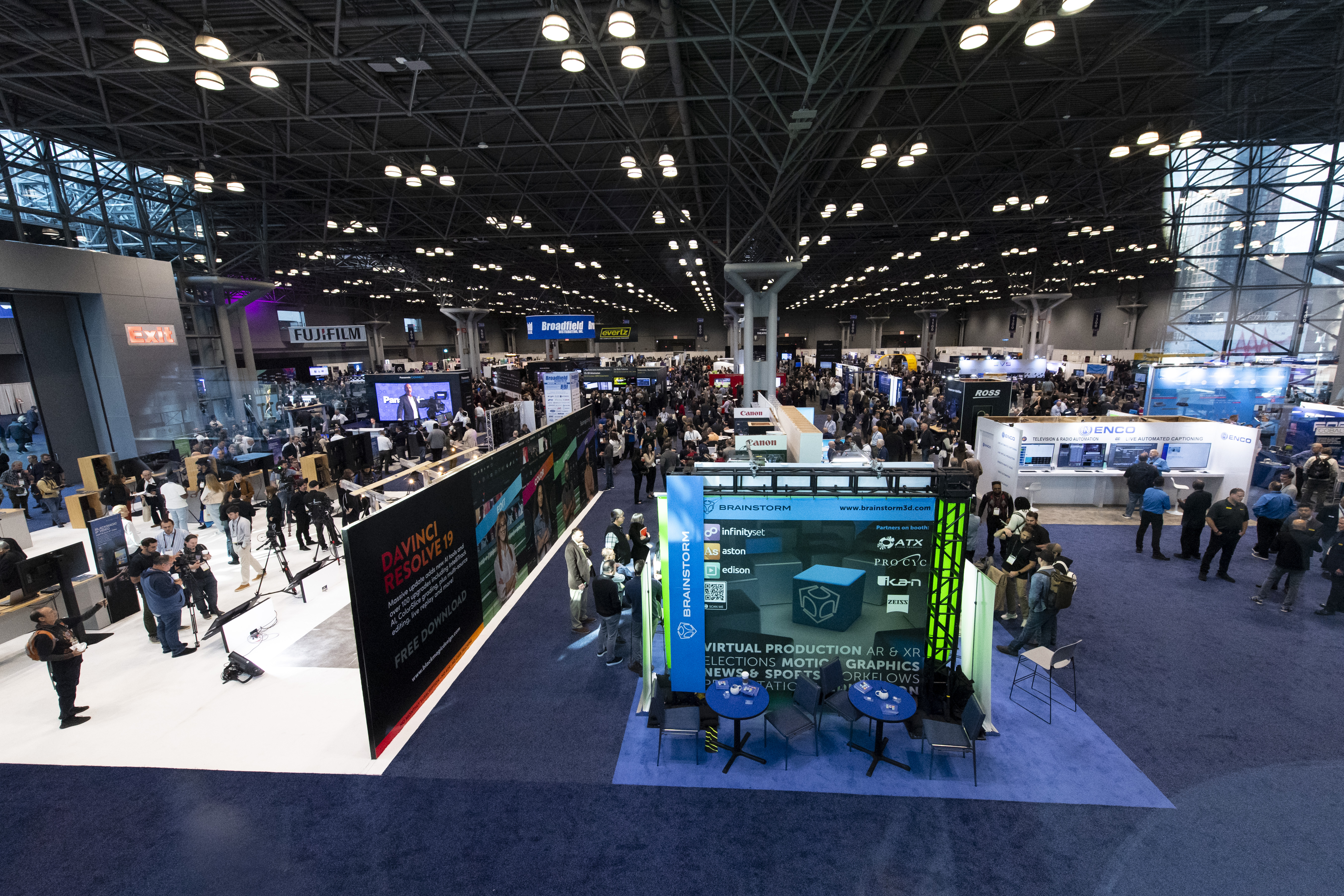The Acceptance Speech
I'd like to thank you all most sincerely for presenting us with this award tonight.
It's funny... we've never been too keen on awards competitions. Over time, we've been awarded a few statuettes from associations like this one, but most have been given to us by clients who've entered our work and won without our knowledge.
Through the years we've made a lot of backhanded remarks about this kind of contest, and joked loud and long about "buying" ourselves an award or two - the implication being that the high entry costs more or less guarantee a new lump of glass or an engraved silver nut dish for the coffee table. Not true, but that's the outsider's mindset.
The real reason we've stayed away from competitions all these years is a much more humbling one: We haven't felt as though we've had anything worth entering. With literally dozens of programs finished each year, it sounds silly... a production company with low self-esteem. The fact of the matter is that we, and others like us - writers, producers and directors of corporate, informational and educational programs - seldom control all aspects of a production. As a result, gorgeous lighting and camerawork can be lost in the quagmire of an insipid, client-provided script; conversely, a thoughtful, moving script won't salvage a presentation by a lifeless dolt of an executive. Dozens of factors, all seemingly beyond our control, become fatal flaws-and we're out of the running again.
And that brings us to tonight. In accepting this award this evening, I can tell you that last year was a good year for us, because we were asked to do at least one job the right way... our way. And this award was the result.
GOAL: TO TELL THE STORY
This show had an unorthodox start. While many projects of this sort begin with a meeting at the client's headquarters, this one started over a meal. As my client Dan and I ate, he unfolded his firm's story, describing this medical firm's philanthropic outreach throughout the Third World. He outlined a goal, clear and well-defined: Tell this same story in five minutes or less, and leave a lasting impact on the viewer.
What happened next was most remarkable: he stopped. He stopped talking; didn't suggest a treatment, didn't list points to push. He initiated the project, gave it a little shove, and let it go.
I'm not suggesting we were ignored in the production process; far from it. The project was supported with a steady stream of pertinent information; with lists of contacts for the diverse types of footage the project needed; and with thoughtful consideration from a variety of corporate staffers. But no one interfered, nit-picked or micro-managed; we were treated like professionals who knew our craft well, and that's a rarity.
IN PRODUCTION
I tendered a brief treatment, and got back positive feedback. Next was a first version of the script, and again, a surprise: two or three minor comments, and final approval. On the first draft. visuals were still sketchy and non-specific, but we were approved nonetheless.
The short turnaround compounded the task of accumulating enough "found footage" to tell the story well, but we continually uncovered new sources, and the punch list grew shorter. Our recommendation for voiceover talent-a prominent movie trailer narrator-was rubber-stamped, and the VO was recorded.
Our sound engineer gave me dozens of good library music selections to choose from, and our art director created and composited the subtle graphical themes for the program. And we simply assembled it all ourselves, working from instinct and looking for that phantom twinge of emotion in the heartfelt moments. We had no clients over our shoulders; we weren't made to try out each possible music choice, one by one, and nobody made us change the color and size of the graphics. We just did it.
In fact, this hands-off workflow carried through right to the end. Dan saw only one very early rough cut, and we discussed where things might be headed from there. Then it was back to work for us. The next time he was given a copy of the show, his show, he was standing in the boardroom with the chairman and presidents of all the company's worldwide business units. I'm still not sure how he was able to do it, but without a second thought, he popped the tape into the player and pressed "Play."
POSTSCRIPT
In my view, that's the happy ending to the story; that the program was well-received was merely a postscript. For me, that act of bravery, that show of trust, was more satisfying than any award. I'm told that he was warmly complimented, even by his own often-critical divisional president, and it feels great to make your client look like a hero. But I didn't even need to know that to feel that we had succeeded.
So thanks for this gold statuette; thank you for sharing your appreciation for this program, even though you couldn't have known the real success story here. You know, there's a bit of conventional wisdom that says that winning any competition somehow involves at least a little bit of luck. In our case, I think it was less luck and more like a "producer's miracle."
We make miracles all the time, when we make beautiful pictures at a horrible location, or when we deliver a show in half the time it should have taken. Those are tough tasks, but they're achievable. Here's the real miracle: a production relationship based on trust. It's rare, and it's worth its weight in gold.
Walter Schoenknecht never actually gave this speech, but did win an award or two for the program he describes. You can reach Walter via e-mail at walter@mmgi.tv.
The professional video industry's #1 source for news, trends and product and tech information. Sign up below.
